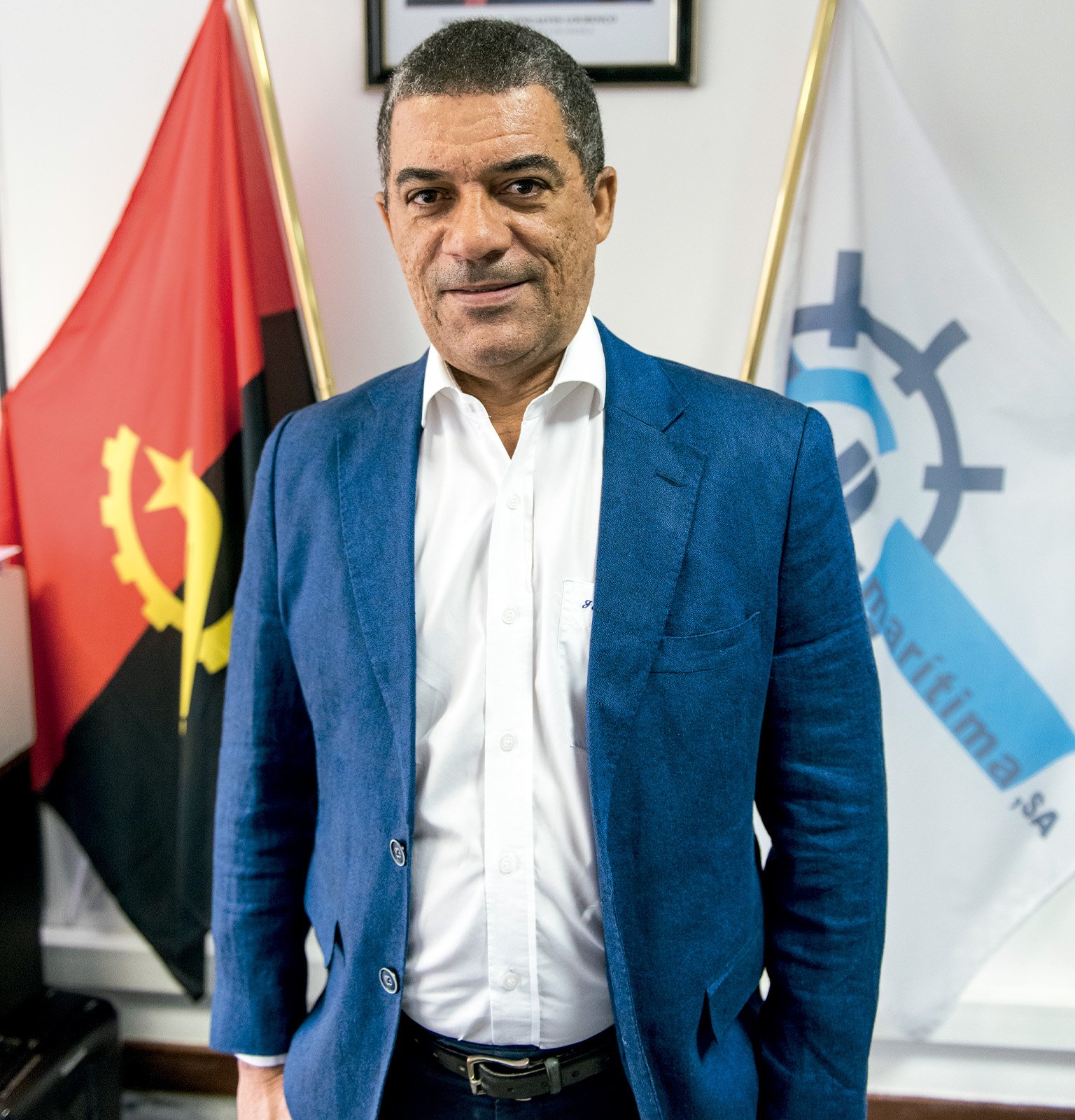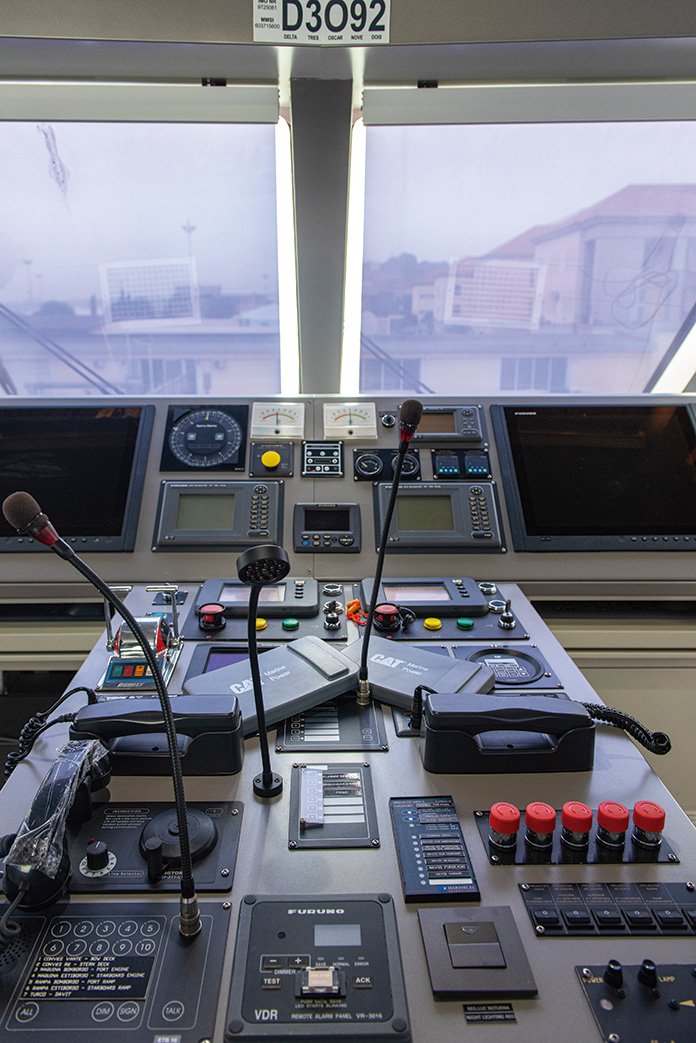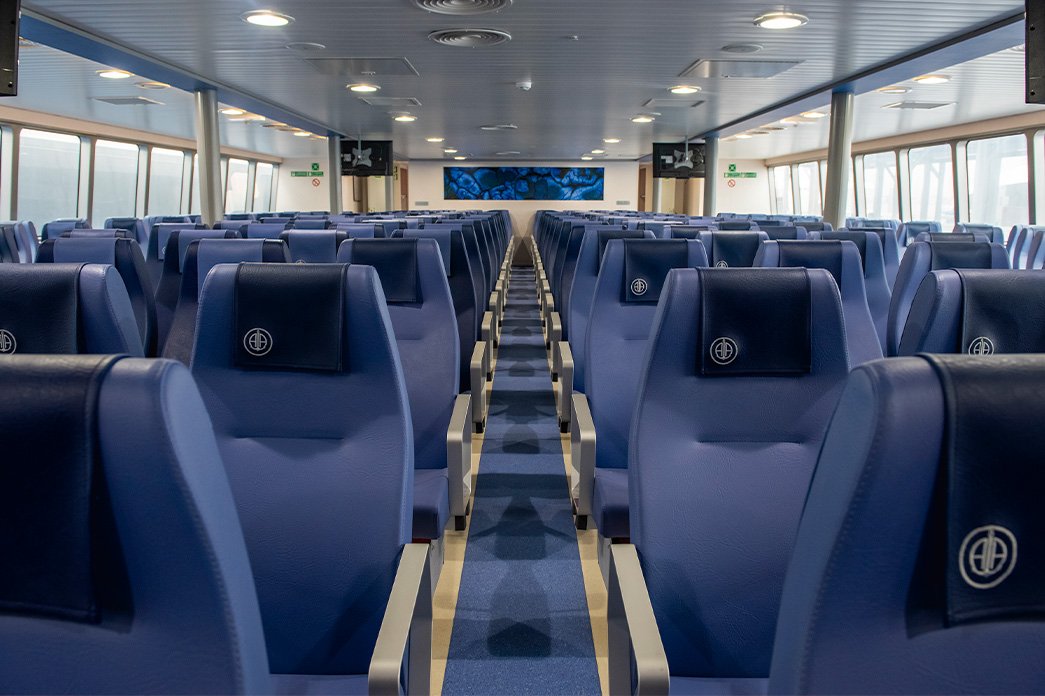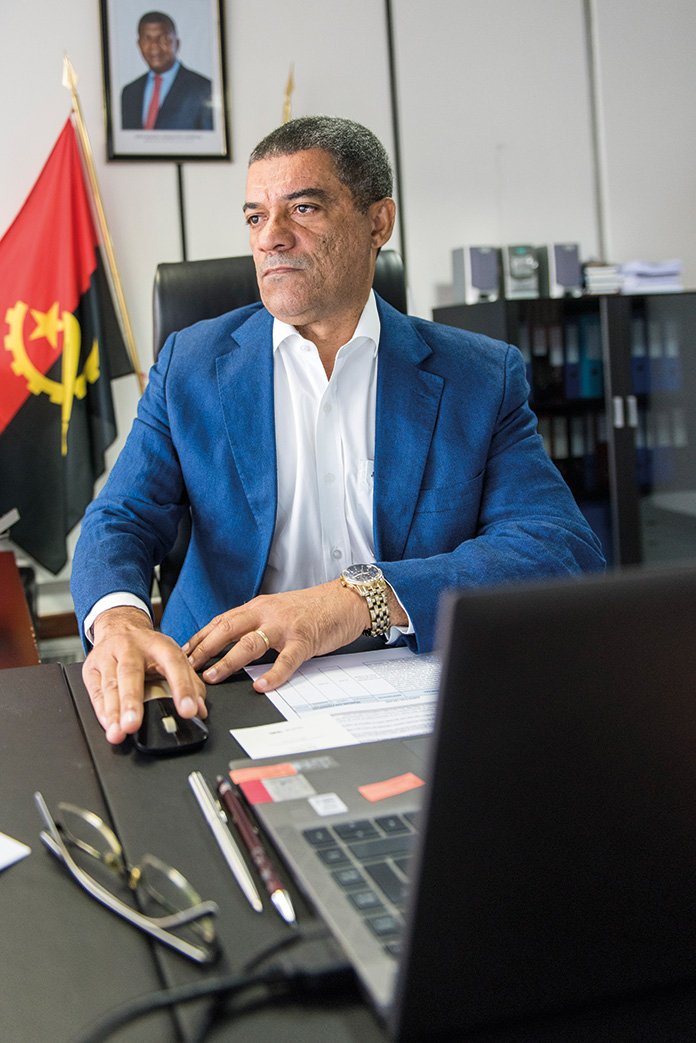What will change with the
privatisation of the company?
The privatisation
will represent an opening of the capital to the private sector, allowing a
redefinition of the strategy and positioning in the domestic market, bringing
greater investments. The intention is to turn SECIL into a competitive and,
perhaps, the biggest and best positioned company in the national market.
What is your vision of the logistics and transport
industry in Angola? And what role does SECIL play in the country’s economic
context?
Angola, given that
it is a vast country, with about 51% of the population living on the coast, is
based on a sustainable progress that necessarily passes through the development
of logistics and transport. In the past, the concept of logistics only
encompassed activities related to the storage and transport of goods, today it
encompasses many more variables within a business. In our country, there are
still asymmetries in the development between the coastal and inland provinces.
Government policies on logistics and transport have only just begun to be
addressed with greater seriousness and focus, but I still believe we have a
long way to go to make this sector of activity more attractive. We need to
deepen the question regarding the economic impact suffered by countries with a
minuscule fleet of long-haul ships, especially with regard to the negative
influence on the balance of payments by contracting services abroad. With the
lack of serious investments, SECIL Marítima lived through bitter moments in its
cost structure and, not having its own fleet, was left to its fate. Today, with
the current situation, the company begins to experience a new time, with the
reception of catamaran type vessels in order to start transporting passengers
and cargo, thus laying the foundations for its sustainable development. It is
with this perspective that we understand that SECIL’s role, in the country’s current
economic context, is relevant in order to boost trade and the transport of
goods and passengers between the country’s ports.









